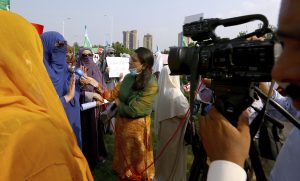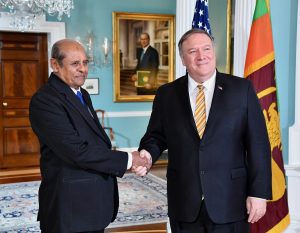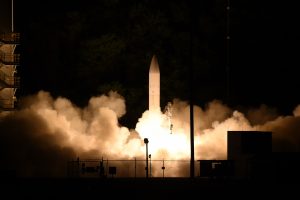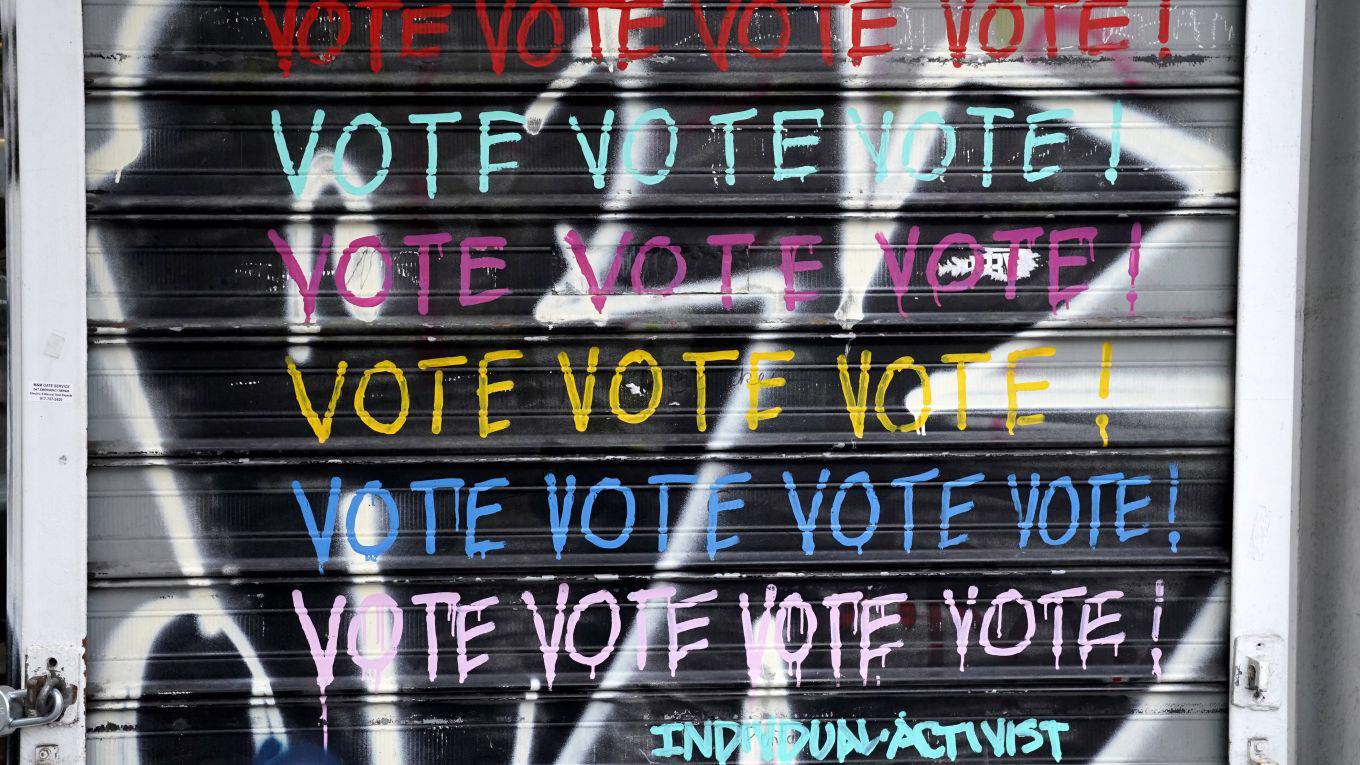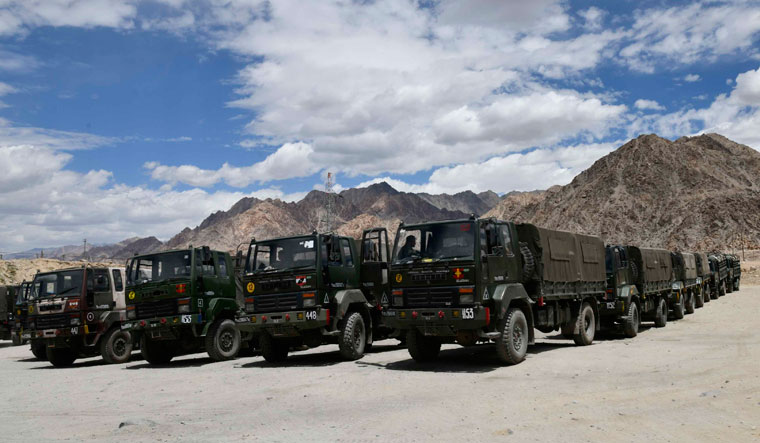By Arkoprabho Hazra
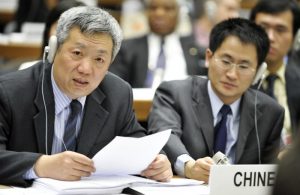
Despite criticism at the Third Committee of the U.N. General Assembly on China’s human rights violations in Xinjiang, Hing Kong, and Tibet, the country on October 13 managed to win the U.N. Human Rights Council (HRC) elections with 139 votes. Before the elections, in an effort to ask member states to not elect major violators of human rights, the U.N. Director of Human Rights Watch, Louis Charbonneau, had said that China and Saudi Arabia have not only committed grave human rights violations but, at the same time, they also disregard the international system around human rights. This statement seemed to have made an impact, partially, as Saudi Arabia lost the election, managing a mere 90 votes as compared to 152 votes back in 2016, but China still made it to the council as only five Asian countries were contesting for four seats.
While China is now going to resume its membership at the HRC starting from January 2021, India opted out of supporting either bloc of countries — either those effectively acquiescing to, or standing against, China’s activities in Hong Kong, Tibet, and Xinjiang – in the recent General Assembly session of the Third Committee. (The Diplomat’s Shannon Tiezzi and Catherine Putz have mapped the countries forming these blocs.) Revisiting the list of countries in the two blocs from 2019 reveals India wasn’t involved in the matter even then.
Thus, the pertinent question is: Why did India not voice its preference, even after being cognizant of the fact that Beijing stands as a strategic hindrance when it comes to Indian interests at the United Nations?
